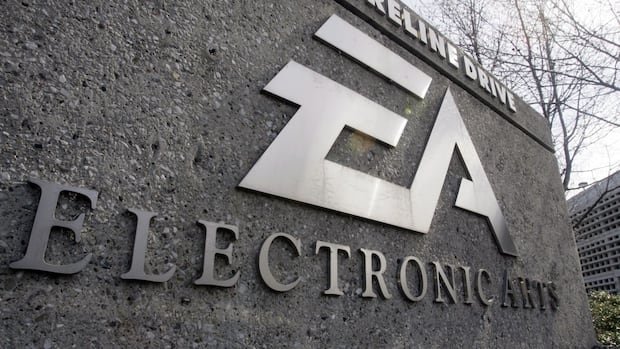Electronic Arts, the creator of popular video games such as Madden NFL, Battlefield, and The Sims, is set to be acquired for a whopping $55 billion US, marking the largest leveraged buyout attempt in history. The deal, announced on Monday, involves private equity firm Silver Lake Partners, Saudi Arabia’s sovereign wealth fund PIF, and Affinity Partners agreeing to pay $210 per share to the company’s stockholders. Notably, Affinity Partners is led by Jared Kushner, President Donald Trump’s son-in-law.
The acquisition would make Electronic Arts (EA) a private entity, surpassing the $32 billion buyout of Texas utility TXU in 2007. If the transaction proceeds as planned, it will conclude EA’s 36-year tenure as a publicly traded company, which commenced with shares closing at a split-adjusted 52 cents on its first trading day. The company was founded by William “Trip” Hawkins, a former Apple employee, seven years before its IPO, drawing inspiration from playing analog baseball and football games during his teenage years in the 1960s.
Since 2013, EA has been under the leadership of its current CEO, Andrew Wilson. The company’s Canadian connection dates back to its acquisition of Burnaby, B.C.-based game developer Distinctive Software in 1991, later rebranded as Electronic Arts Canada, now known as EA Vancouver. This studio has been instrumental in creating notable franchises like EA Sports FC and the NHL series for the company.
Apart from EA Vancouver, Electronic Arts has multiple video game studios and offices spread across Canada, including locations in Edmonton, Montreal, Toronto, and Victoria, B.C. The move to go private offers EA the opportunity to revamp its strategies free from the investment pressures and scrutiny faced by public companies, allowing for long-term decision-making.
This acquisition comes in the wake of Silver Lake’s involvement in another significant tech deal, collaborating with Oracle in the U.S. oversight of TikTok’s social video platform. Notably, Silver Lake has previously completed buyouts of prominent tech companies like Skype and Dell. While EA’s revenues have remained steady in recent years, the company faces competition from rivals like Activision Blizzard and the rising influence of mobile game developers like Epic Games. Post-privatization, companies often undergo restructuring, potentially leading to cost-cutting measures such as layoffs, although EA’s specific plans in this regard remain undisclosed.

